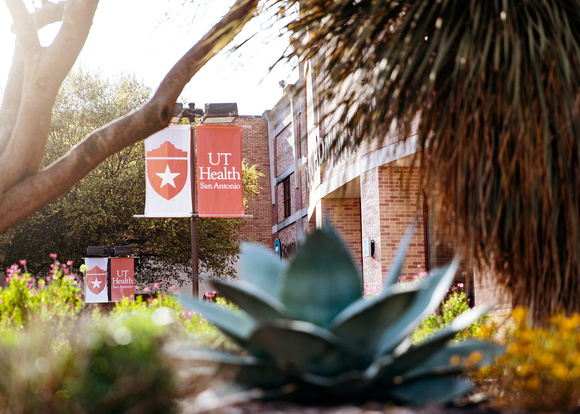South Texas is one of the most medically underserved areas in the United States. Covering 26 counties extending from San Antonio south 250 miles to the tip of Texas, the area population is growing rapidly, and has demographics similar to those seen in developing countries.
Communities on both sides of the Texas-Mexico border share the same air, water, and health risks. Plagued by continuing poverty, exploding population, and low physician-to-population ratio, this region required an influx of health care services as well as research to understand its unique health care needs.
The South Texas Border Initiative, administered by the University of Texas Health Science Center at San Antonio, established family medicine residency programs in the region to meet some of the needs of this unique population. The Regional Academic Health Center in Harlingen, Texas, is the most recent addition to this initiative. It expands educational opportunities for third and fourth-year medical students.
In 1997, born of these needs and initiatives, the Residency Research Network of South Texas (RRNeST) proposed to expand regional clinical research efforts. With funding from the Health Services and Resources Administration (HRSA), we linked four family medicine residency programs with research -savvy faculty in the Department of Family and Community Medicine at UT Health Science Center, San Antonio. This collaboration provided hands-on research training and experience to family medicine faculty and residents as they studied important health concerns in their practices. Additionally, for academicians, the collaboration provided practice-savvy collaborators and unique patient populations to study. At its inception RRNeST included residency programs in San Antonio (2 programs), Corpus Christi, Harlingen, and McAllen plus one private practice in Laredo.
In 2004, RRNeST opened its doors to additional Texas family medicine residency programs, enlarging the community of collaborators, diversifying the patient populations, and expanding the list of researchable questions. Now known as RRNeT – the Residency Research Network of Texas – our ten residency programs spread from Dallas (2 programs) and Fort Worth in the North, to Bryan and Houston in the East, and San Antonio in the Center, to Lubbock in the West, and Harlingen, Edinburg, and McAllen in the South. RRNeT represents 100 family physician faculty and 300 family medicine residents who see 300,000 patient visits per year. All of these residency programs serve a very diverse population.
RRNeT research interests include barriers to care for diabetes, alternative medicine use, medication adherence, firearm safety, adolescent preventive care, obesity prevention, pain management, social determinants of health, and uncertainty in medical students and residents. We work to improve the health and healthcare access of underserved populations, by developing practitioner-led research that responds to the needs of the community.


